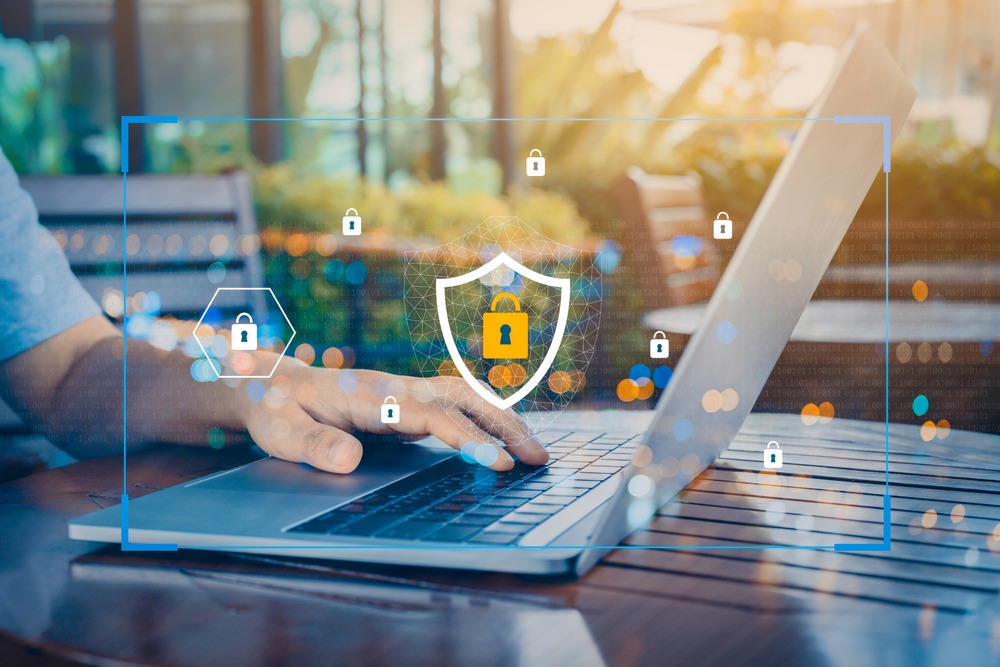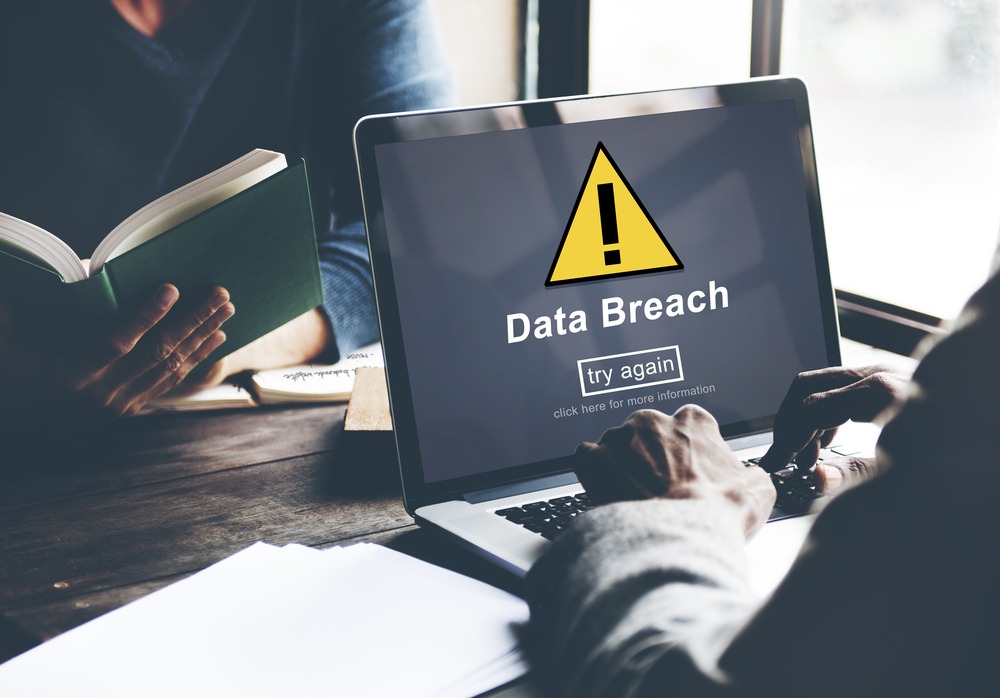The continuous evolution of technology is generally considered to be a good thing. It’s a sign of progress and promises and promises a better future for all of humanity. However, the more technology evolves, so do our capabilities to use technology for nefarious purposes. While small businesses have always considered themselves too small to be noticed by malicious actors and present any sort of lucrative target, Accenture’s cost of cybercrime study reveals otherwise. According to the study, 43% of cyber-attacks are now being aimed at small businesses. However, most businesses remain as unprepared as ever and only 14% are prepared to defend themselves. Other data reveals that phishing attacks have become the most concerning cyber threat to 30% of small businesses.
Moreover, the global costs of cybercrime continue to rise. Cybersecurity Ventures estimates that global cybercrime costs will grow by 15 percent year over year, reaching $10.5 trillion USD by 2025, up from just $3 trillion USD in 2015. IT Support Denver provides effective solutions for cyber security for small businesses.
Top 3 Ways Developing Technology Has Changed Cybersecurity
Security Breaches at major corporations
Hackers have found it fairly easy to manipulate employees at large corporations and influence their behavior through social engineering and other scams to the detriment of the company’s privacy and security. As technology progresses, hackers are adding to their skill sets and wielding more and more developed and deadlier technological weapons. They are also getting incredibly efficient at finding hard-to-spot vulnerabilities within the corporate network architecture. In fact, as recent events suggest, some of these attacks have been so successful that they have managed to remain dormant and undetected for years.
Spear Phishing
Spear phishing attacks are much more targeted than regular phishing emails that are sent to dupe masses of people at scale. Spear phishing attacks are fine-tuned to elicit highly sensitive information, proprietary business secrets and intellectual property, and other information of a highly private and sensitive nature. These attacks often happen by compromising the integrity of employees with false communication that apparently comes from their colleagues or superiors. The content of these emails generally create an emotional impact on employees urging them to take action in some way to resolve an immediate problem or crisis. As technology has advanced and hackers are able to conduct social scrapes and even disguise their emails more effectively to emulate specific individuals, these attacks have only grown in efficacy. The intent of the attackers is often to compromise both personal and work information from targeted individuals and most importantly, find a route to hack into the privileged access that such individuals often have. For instance, a CMO or a CEO could be targeted for privileged access to business and financial information and actions, such as, approving a large financial transaction.
Social Media Security Breaches
The average user often tends to overshare on Social Media revealing not just personal information, but also their precise whereabouts at exact times and locations. All of this information and especially check-ins can be easily leveraged by hackers to launch highly targeted attacks. They could even interpret patterns of behavior in work and personal life to coordinate their attacks. The range and scope of threats are also expanding as more and more people switch to mobile and share and store more data than ever on their mobile devices. All of these present a wider attack surface than ever before where hackers can easily compromise users’ personal data and sensitive information. To stay on top of Cybersecurity Trends and Cybersecurity Management, please refer to Cybersecurity Denver.

Future of Cyber Security
AI-enabled Cybersecurity
AI is likely to be more and more integrated into cyber security as the volume of data keeps increasing, networks become more complicated and vast and the speed and volume of cyber-attacks increases. All of these are likely to test the limits of human capability, where we will be forced to rely on some degree of automation to parse through large volumes of data, detect attacks and efficiently respond to them in time. AI (Artificial Intelligence) enabled comprehensive monitoring is likely to be a critical need for data security going forward.
Data Analytics
Traditional data management tools are simply not capable of handling the volume and complexity of data generated by big data. However, big data analysis is likely to play a critical role in interpreting and preventing cyber-attacks in the future. It is also instrumental in detecting abnormalities in data patterns and can alert users well in advance to potential issues and threats within the network.
Cybersecurity with Blockchain
Blockchain technology is likely to gain more prominence in cyber security as it is capable of storing a variety of data that is hashed and stored in a chain format significantly reducing the scope of modification or deletion of the data. With the transparency and easy accessibility guaranteed by Blockchain technology, more than more companies, especially companies continuously transacting in sensitive information such as financial institutions and Healthcare organizations are likely to adopt the technology for defense purposes.
Data Encryption
While encryption has been around for a long time, the need for encryption in data security has become apparent to businesses only in recent years. Encryption ensures that even if hackers gain access to your sensitive information, they will not be able to use it or modify it in any way. The technology is further progressing with data encryption making use of quantum computing that might well render it impossible for hackers to interpret any encoded data. For the most apt cyber security technologies for your small business, and effective cybersecurity risk management, please reach out to IT Consulting Denver.

Andrew Eckerling is a sales representative at Greystone Technology; Managed IT Service Denver company. Andrew will use his technical knowledge to help companies find the right solution at the best price. He received MBA degree in Technology Management from Western Governors University. @LinkedIn.
